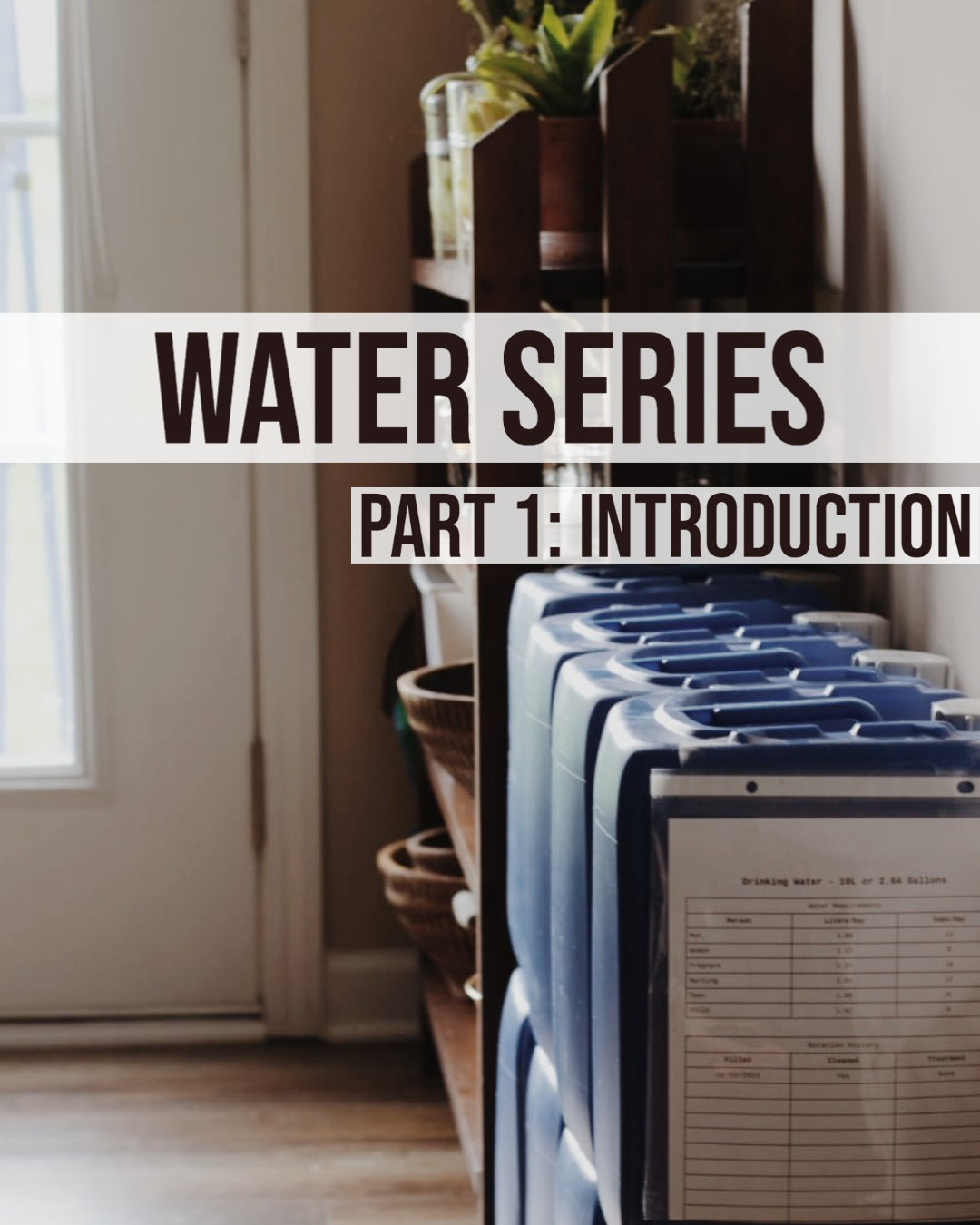Cart
Your cart is empty
Looks like you haven’t added anything yet, browse our sale below!
Continue Shopping
Water and liberty are two things you will never know just how valuable they are until you have experienced their absence. This is the first part in a series where we will be talking about water from a fieldcraft and preparedness standpoint. It may be boring, but it is essential that you master the skill of procuring and purifying water before it becomes a necessity.
The medical community agrees that individuals will experience organ failure in three days with no water consumption. But even before that, dehydration has some serious consequences including cramps, dizziness, reduced focus, and a generally higher risk of becoming a heat casualty. Whether you’re kicking down doors, patrolling your AO, summiting a mountain, or sitting in an LP/OP, you need water to be your most effective self.
Yet we often take it for granted that we will always have easy and expedient access to water. For many Americans, a power outage can make the mundane task of acquiring water a literal life-or-death matter. If you’ve never been in a situation where acquiring drinking water was an essential daily activity, we highly recommend backpacking or even just shutting off the water to your house for 48 hours. In the words of Thomas Fuller, “We never know the worth of water till the well is dry.”
In the parts to come, we’ll discuss the procurement and purification aspect and make some recommendations. But we want to encourage you all to start storing some water right now. Why wait until you have to go collect it and slowly filter it when it is literally piped into your home right now. Don’t complicate it.; you don’t have to buy a 300 gallon poly tank. You can make small steps towards making yourself and your family more resilient. Whether it’s bottles of water, gallon jugs, or jerricans.
We recommend 10 Liter HDPE jerricans for their stackability and balance of bulk storage with discrete portability. These 10L Jerry Cans from USPlastics are what we personally use & recommend, but they have a variety of containers that will work well for water storage.
The link below will take you to a Google drive with some resources we have on water storage.
To use the resources, simply download the files via "File" > "Download"

Looks like you haven’t added anything yet, browse our sale below!
Continue Shopping
Leave a comment
This site is protected by hCaptcha and the hCaptcha Privacy Policy and Terms of Service apply.